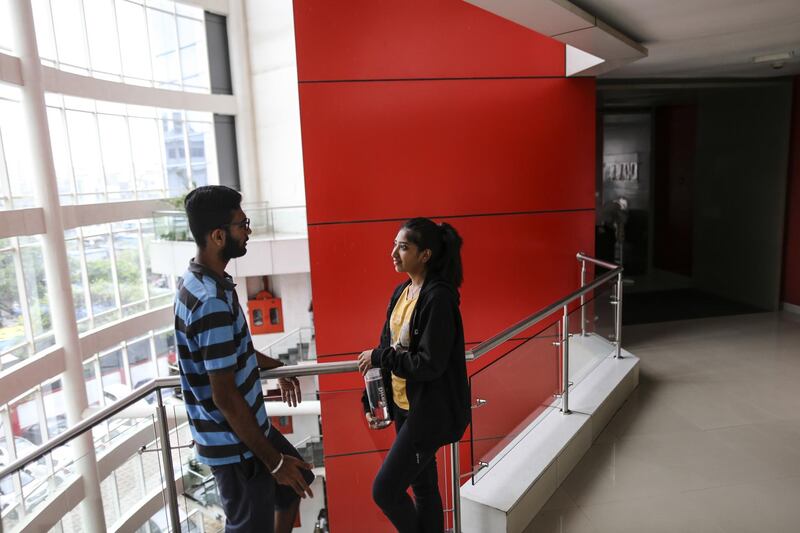I work in transportation logistics and I am always churning out reams of work, running my team and winning over clients and generally being an all-around fixer, but none of it seems to have registered on my manager’s radar. I get no feedback whatsoever and it seems to me either my manager simply doesn’t care or perhaps I am wasting my time doing so much. What do you think I should do?
LM, Dubai
Being shown appreciation and recognition for your good work is a basic need and confirms that what you do is both valued and respected. Equally, workplace recognition boosts employee engagement, satisfaction and productivity and provides the motivation to continuously strive for improvement. Recognition showcases success to other employees, so not only does it serve as a reward for the individual, it strengthens the desired organisational culture and work ethic as well. In the competitive work environment of today, employee recognition is an effective strategy to attract and retain top performers.
According to US researcher Gallup’s analysis, only one in three workers in the US strongly agree that they received recognition or praise for doing good work in the past seven days. It is therefore not uncommon for employees, such as yourself, to feel that their hard work and efforts are left unnoticed.
Another Gallup survey looked at where the most meaningful and memorable recognition came from. Most often, it came from the employee’s manager (28 per cent), followed by a high-level leader or CEO (24 per cent), the manager’s manager (12 per cent), customers (10 per cent) and peers (9 per cent). Great managers cultivate an environment of honest and deserved recognition, encouraging frequent and timely praise from every direction. Effective recognition is not only authentic, but will align with the company culture and the ambition to inspire. Google seems to have this down to a fine art; balancing its culture with reward and recognition programmes that enable peer-to-peer rewards and spot bonuses.
_______________
Read more:
Workplace doctor: Is one-size-fits-all on pay demotivating?
Workplace doctor: confidence is key when taking on a new role
_______________
Employee recognition is two-fold: first, you need to be in a receptive mindset to identify the opportunity; then you need to follow through with a physical act as acknowledgement. Equally, it is imperative that it is done in a timely way to emphasise the significance of the achievement. Recognition does not always need to be tangible, more often than not employees are looking for a sincere thanks. Different platforms can be used, but it is important to personally name the individual and be specific about what they’ve done and how it has added value to the team or organisation.
You mention the lack of feedback from your manager as well. Constructive feedback is vital for career development and one of the most powerful tools of acceleration and growth. Given in the right way, feedback highlights positive performance, remedies negative behaviours and provides opportunities to clarify expectations, which ultimately reinforces the culture within the team and organisation. Although positive feedback is easier to give than negative feedback, there is a risk of complacency about sharing this with the employee, missing out on the opportunity to create a nurturing environment of support and confidence building. Kim Scott, author of Radical Candor, experienced brilliant feedback when she first started out as a manager for Google. Although she had just delivered a very successful presentation, her manager immediately provided both honest compliments and constructive feedback on how she could improve. On the back of this feedback, Scott took measures to improve her performance and became even more successful in her job.
On a different note, consider how aligned your activities are with your job description and role, as well as the expectations of your manager. Although you are churning out reams of work and being an all-round fixer, it is important to ensure that you are being productive in line with your position.
Doctor’s Prescription:
Start by setting an example of how you would like to be managed – be alert for opportunities to provide positive reinforcement to your team members, peers and manager and take initiative to act on this. Your manager may be in a routine of under-appreciation. Share the impact this has on you and ask for what you need in order to feel valued. Find a way to regularly outline your accomplishments. Keep a record of projects, conversations and emails from colleagues and customers that showcases your hard work and achievements – not only will it serve as a personal reminder of what you have done, it will also come in handy during your reviews and be a great reference for future use.






